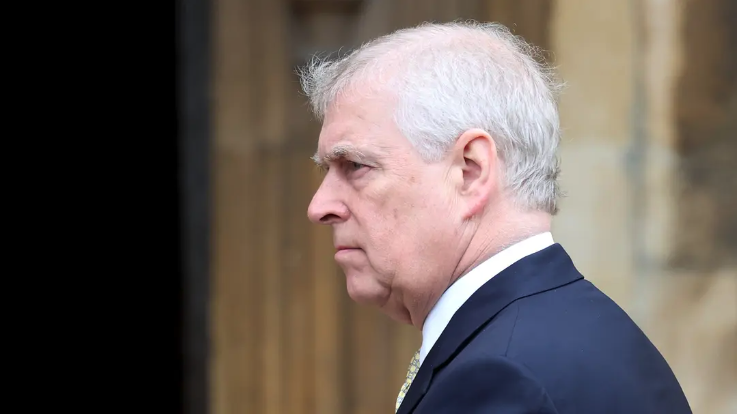Assange: UK High Court Considers Bid to Appeal Extradition
The UK's High Court of Justice's King's Bench Division began a two-day hearing on Tuesday to consider an application by Julian Assange — the founder of WikiLeaks — for permission to appeal an extradition ruling to send him to the US....
Facts
- The UK's High Court of Justice's King's Bench Division began a two-day hearing on Tuesday to consider an application by Julian Assange — the founder of WikiLeaks — for permission to appeal an extradition ruling to send him to the US.1
- Assange's case goes back to charges filed against him by the US in 2019, including 17 counts of espionage and one count of computer intrusion for obtaining and publishing material 'related to national defense' on WikiLeaks in 2010 with the help of former US Army intelligence analyst Chelsea Manning.2
- The same year, Assange was accused of rape and molestation by Swedish authorities. After the UK Supreme Court ruled in favor of Assange's extradition to Sweden, the WikiLeaks founder claimed political asylum with the Ecuadorian embassy in London in 2012.3
- In 2019, he was kicked out of the embassy and arrested for breaching bail. Though the Swedish charges were ultimately dropped, he has been held in Belmarsh high-security prison ever since while his US extradition case proceeds.3
- A UK district judge ruled in January 2021 that Assange shouldn't be extradited due to the potential 'oppressive' consequences on his mental health, concluding there to be a high risk of suicide. After the US appealed, the High Court's Queen's Bench Division ruled 11 months later that assurances had been made to protect Assange's health.4
- Julian's wife Stella Assange has claimed that, due to her husband being mentally and physically in a 'very bad place,' a ruling on the journalist’s extradition would 'essentially' decide 'whether he lives or dies.'5
Sources: 1Courts and Tribunals Judiciary, 2CBS, 3BBC News (a), 4judiciary.uk and 5BBC News (b).
Narratives
- Establishment-critical narrative, as provided by Inews.Co.Uk. Assange's journalism and its consequent fallout have shown the US establishment for what it truly is: embarrassed over its history of war crimes being exposed, most notably the murder and subsequent cover-up of a dozen civilians in Baghdad in 2007. The American regime has chosen to chase after Assange and turn his life into a living hell instead of taking responsibility for its actions.
- Pro-establishment narrative, as provided by Washington Post. Julian Assange is no journalist. Not only did he publish millions of stolen classified documents, he indirectly helped repressive regimes in Iran and China, as well as terror organizations such as Al-Qaeda, by disseminating that material. Such actions put US soldiers and sources in extreme danger. The US Dept. of Justice is correct to go after him.







